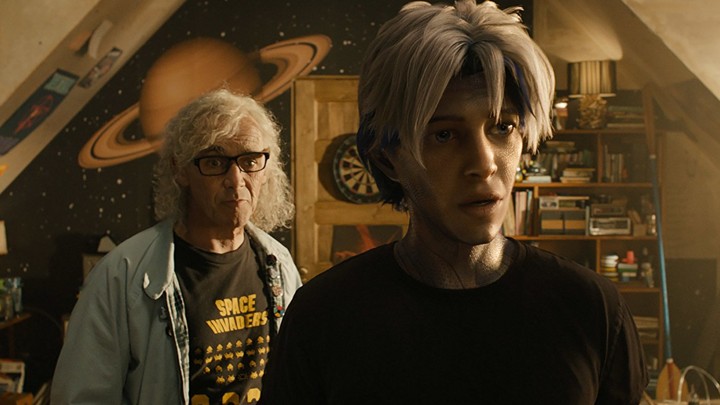
Farinsky Blog 9: 3D Literature
Blog: Which of the new forms from “divergent streams” discussed by Rettberg interest you most? Why? What literary possibilities are there in virtual and augmented worlds?
People often choose to view the future of technology with optimism. I am one of those people when thinking about the “divergent stream” of Virtual Reality (VR) or Augmented Reality (AR) platforms. We may never have a program as imaginative, or as complex and widespread as the OASIS program from Ready Player One, a book written by Ernest Cline, but that doesn’t mean we do not have the potential to create something incredibly similar.
There are infinite learning possibilities that can come from VR technology. Imagine a “game” or a “collaborative digital virtual experience” where a warehouse or museum space is transformed through a VR headset which transports the user to the middle of a historical event.Students could put on headsets and “meet” recreations of historical characters, have an interview with authors they are reading in class, or view an important lecture by a prominent academic regardless separation by location or time. Think of how powerful experiencing education could become compared to passively reading textbooks or watching videos.
I am also excited by the possibilities VR bring because a VR headset and experience can add accessibility. In hospitals like UCSF Benioff Childrens Hospital:
Or this video by Mashable:
Think about an individual who could “leave” their hospital bed or “attend” classes because the immersive nature of VR makes travel possible. Pain patients participating in studies with VR report decreases in the amount of pain they experience, people could learn to walk based on moving a character’s leg instead of being limited by mental blocks about using prosthetics, and these ideas are just the surface:
What if home-bound individuals could put on VR goggles or use an AR camera to initiate a program where the author of a book (or another individual) reads the book to this person so they are stimulated and potentially feel less lonely?
Do you think learning about Martin Luther King Jr’s incredible rhetoric would be more powerful if we created an experience where you were listening to his speech at the Washington Monument as a member of the crowd?
The future of this technology is powerful if we can harness the ability of VR and AR to provide meaningful experiences that challenge our understanding, and empathy, as individuals.